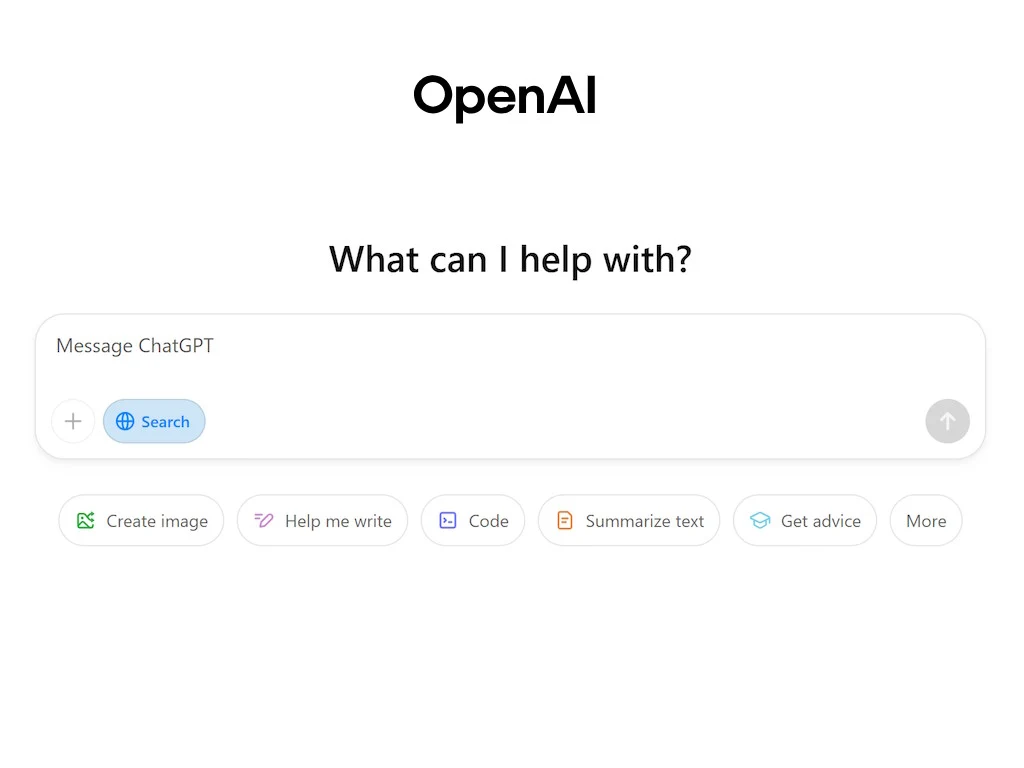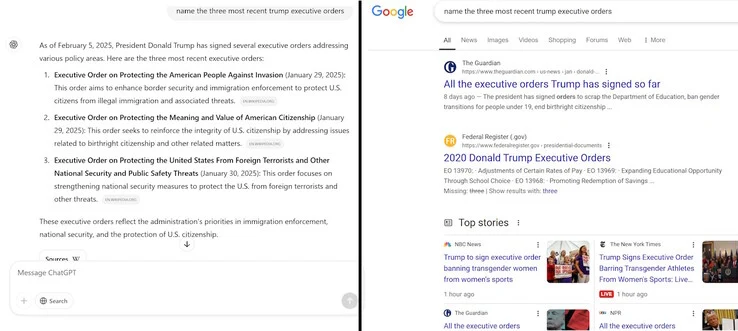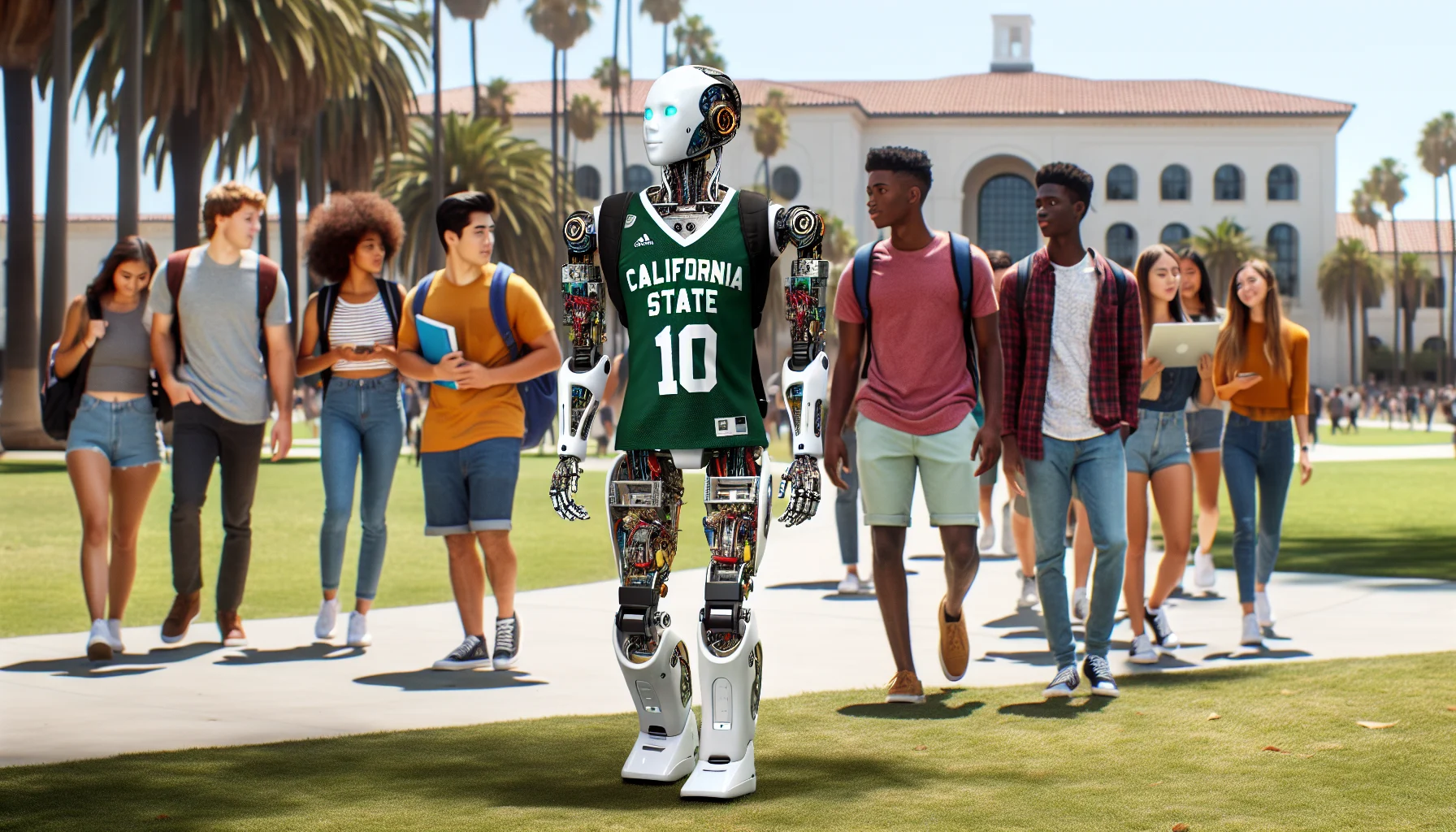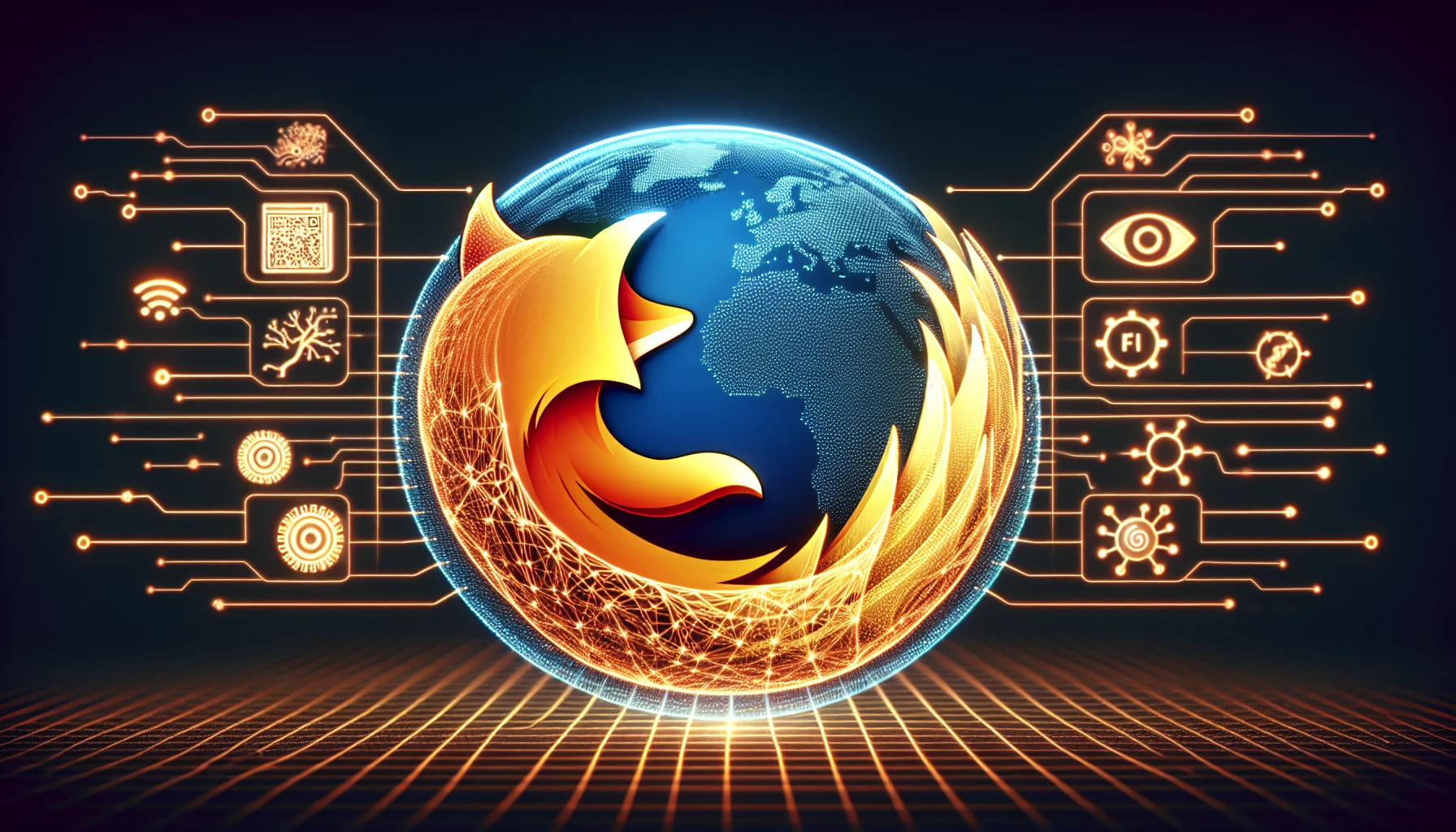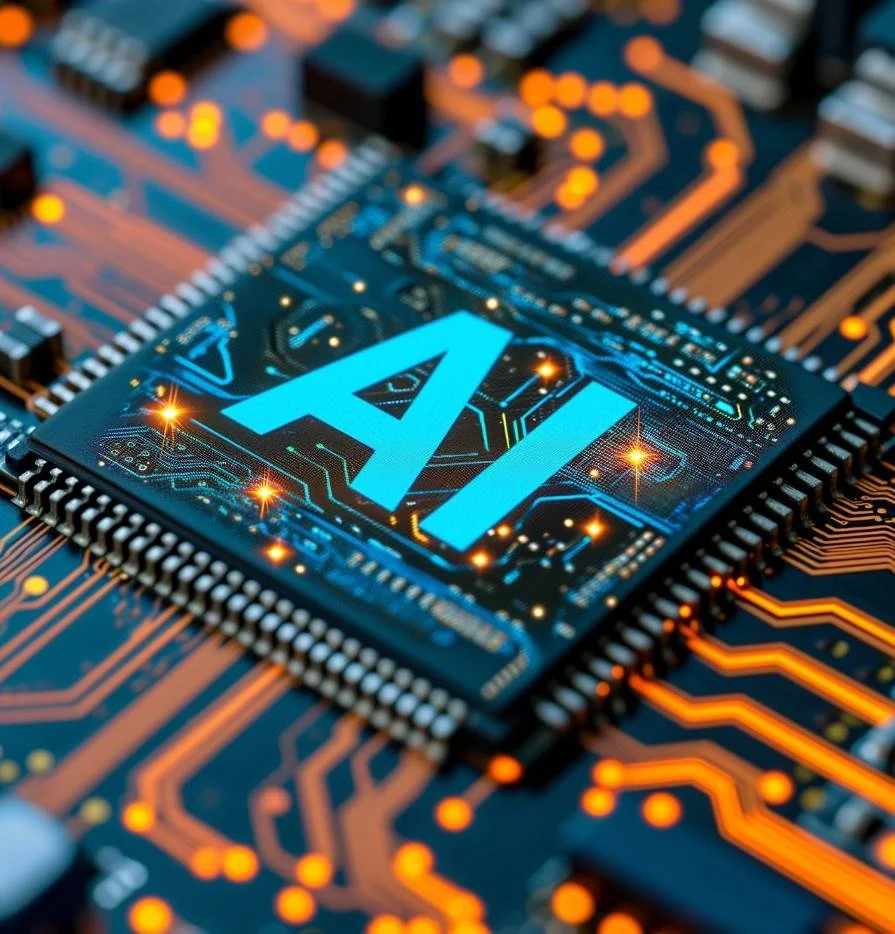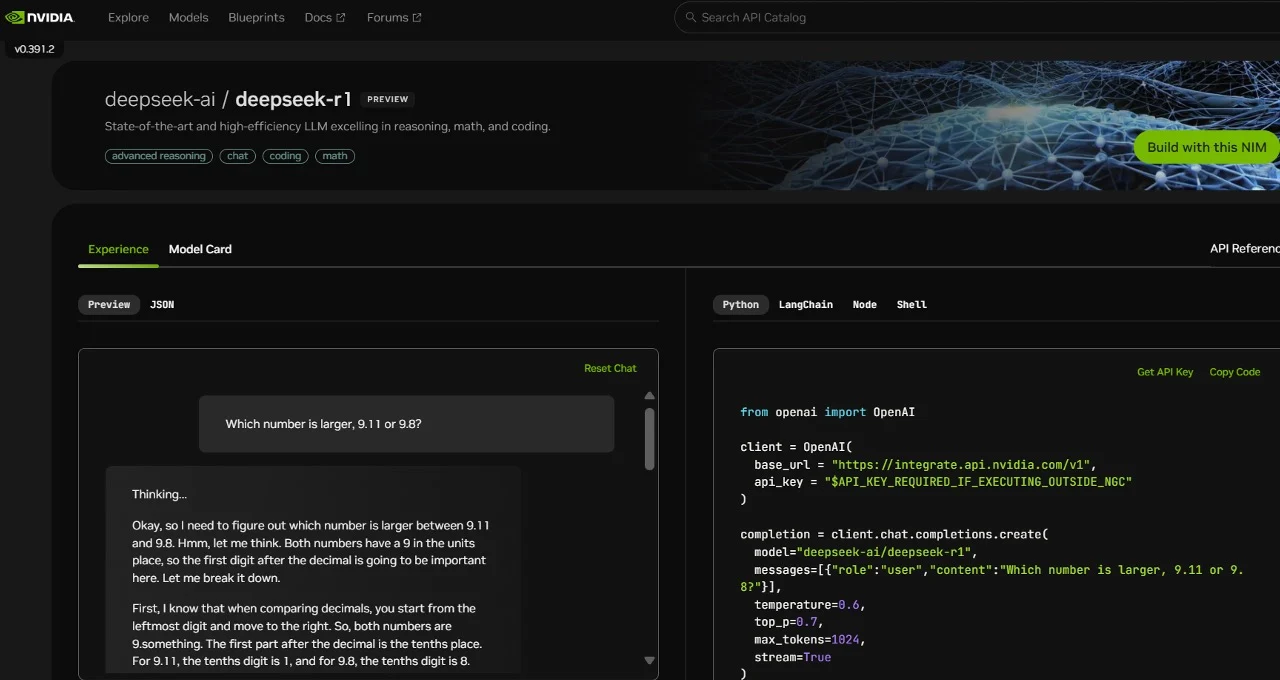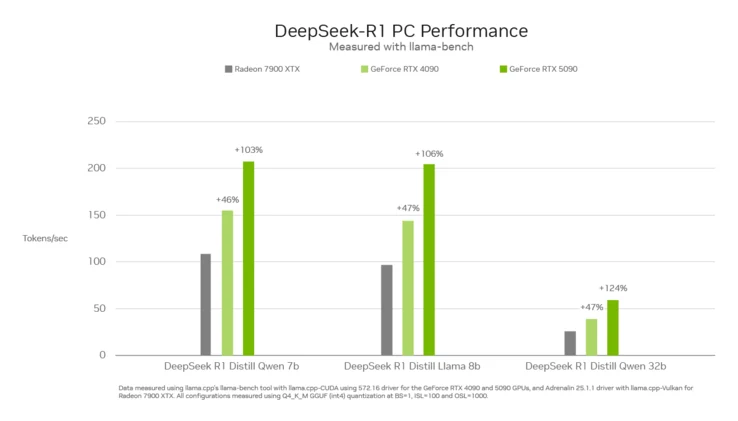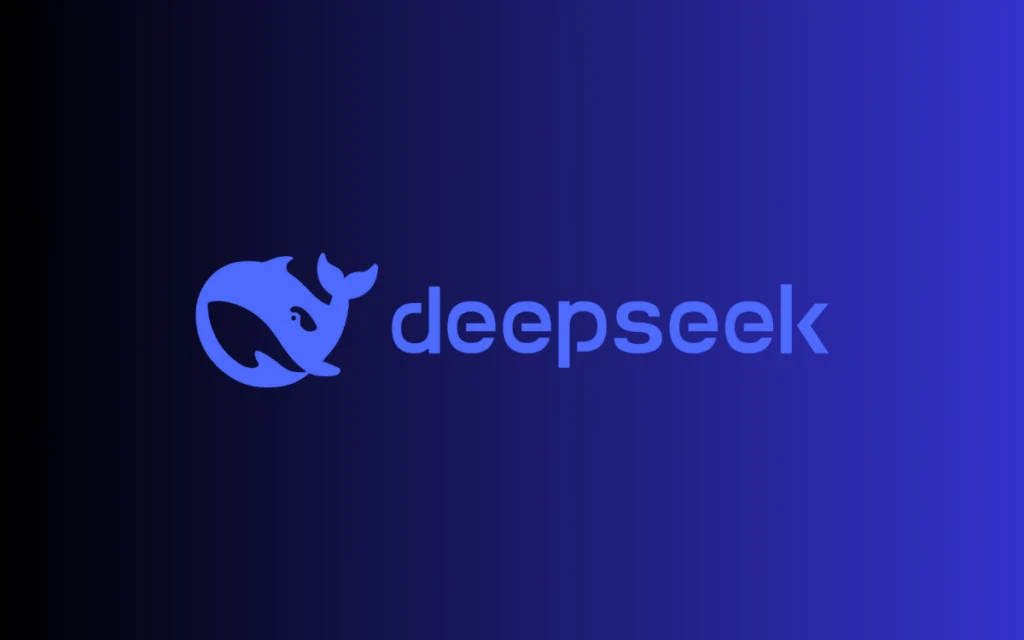Several nations have begun taking steps against DeepSeek, a Chinese AI platform, due to worries about national security, data privacy, and its potential connections to the Chinese government. Officials are concerned that DeepSeek may represent a security threat because of its origins and the risk of data being shared with Chinese state organizations.
National Security and Privacy Concerns
DeepSeek has faced bans in numerous countries, mainly driven by security and privacy issues. Authorities are anxious that the Chinese government might access user information gathered by DeepSeek under China’s National Intelligence Law. There are significant worries regarding the platform’s unclear methods of managing user data, which heightens fears of data leaks or unauthorized sharing of information.
Countries That Have Banned DeepSeek
Australia
Australia has imposed a ban on DeepSeek for all government devices due to national security threats. The Department of Home Affairs has instructed all government bodies to eliminate DeepSeek, with Home Affairs Minister Tony Burke stressing that this ban is intended to safeguard Australia’s national interests.
South Korea
In South Korea, the use of DeepSeek has been prohibited on devices used by government employees across various ministries and state-run organizations due to concerns about security and privacy. Several agencies, including Korea Hydro & Nuclear Power, have blocked AI services such as DeepSeek, while the country’s Personal Information Protection Commission is looking into how DeepSeek handles user data.
Italy
Italy has also moved to limit DeepSeek, especially concerning the management of data related to Italian users. The Italian Data Protection Authority (Garante) imposed certain restrictions and requested information regarding DeepSeek’s data policies, highlighting a lack of clarity in its data management practices.
Taiwan
Taiwan has decided to ban DeepSeek from all governmental departments due to national security worries and has blocked it from all governmental networks.
United States is Considering a Ban
The United States has yet to enforce a ban on DeepSeek but is contemplating restricting its use. NASA has already prohibited DeepSeek from its systems, and the U.S. Navy has advised personnel against using this AI service. Additionally, U.S. lawmakers are in the process of drafting a bill to prohibit DeepSeek on government-owned devices due to security apprehensions.
What Data Does DeepSeek Collect?
As per its privacy policy, DeepSeek gathers personal data such as email addresses, phone numbers, passwords, and birth dates. It also saves chat logs, which include user interactions with the chatbot. The platform collects technical data like IP addresses, keystroke patterns, and operating system information. Data is shared with service providers and advertising partners, raising alarms about how long this information is kept and who has access to it.
DeepSeek’s Data Practices Compared to Other AI Platforms
DeepSeek’s data collection methods are not particularly distinct. Other AI platforms, such as OpenAI’s ChatGPT, also collect user data. Nevertheless, OpenAI adheres to stricter data protection laws in areas like the EU. Western governments feel that OpenAI can be regulated, while they view Chinese platforms like DeepSeek as direct threats to security.
What Lies Ahead for DeepSeek?
DeepSeek has made waves in the AI sector with its cost-efficient model. While OpenAI’s GPT-4 incurred training expenses exceeding $100 million, DeepSeek’s latest model was developed for under $6 million. Its swift rise in popularity has even led to a 17% decline in Nvidia’s stock price, causing notable changes in global AI investment patterns.
As more governments assess the risks associated with DeepSeek, there could be further bans in place. Western nations continue to scrutinize the security ramifications of Chinese AI platforms, highlighting apprehensions regarding espionage and unauthorized access to data. The debates surrounding DeepSeek illustrate a larger conflict between AI progress and national security strategies across the globe.



